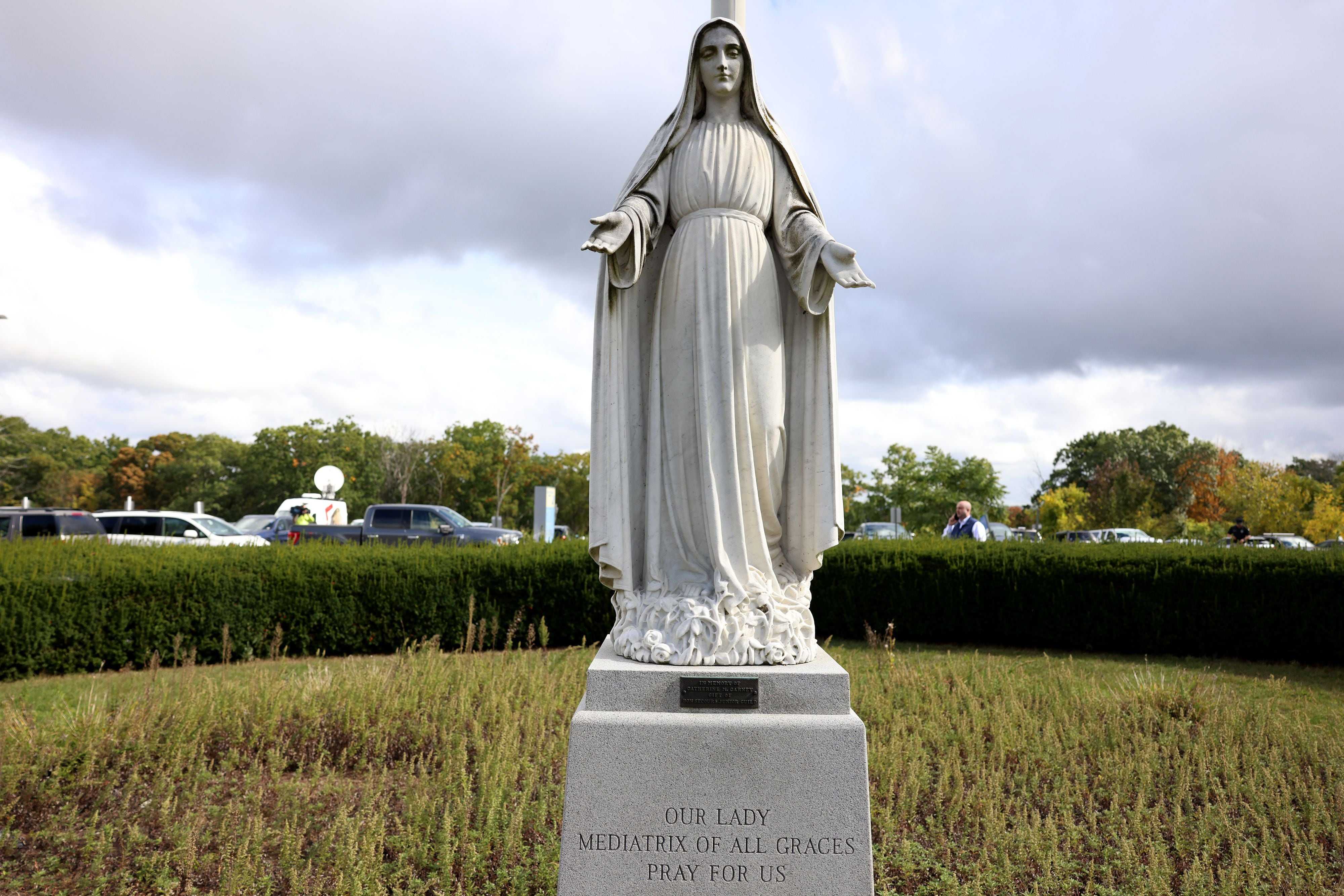Not the kind of business you want - #419

In 1965's "A Charlie Brown Christmas", Sally asks Charlie to take dictation for her letter to Santa. After some opening flattery, she asks Santa to please note the size and quantity of each item on her list or, if that's too hard, to please send cash, "tens and twenties." Charlie explodes and throws down the pencil. Sally says, "all I want is what I have coming to me; all I want is my fair share."
Which is more surprising: the amount we feel that we deserve or the things we will do for our fair share? It's these twin aspects of our cultural avarice that I think of when I hear the remark that more organizations ought to be "run like a business." While it's easy to assume there's a common, good, and successful way to run businesses, the reality of business has a lot more variance.
Much as the public choice economists point out government failures (rent-seeking, regulatory capture, bureaucratic self-interest) when arguing for governmental reform, we should look at business failures to learn similar lessons about its limitations. There are things that economic incentives aren't so great at accomplishing; there are ways that the profit motive, especially in complex social and governmental contexts, does more harm than good. Anything from paying private prisons per inmate housed or reimbursing health concerns for procedures completed misaligns the profit motive and public interest. Less obviously, even in non-government contexts there can be perverse outcomes attached to the profit motive. Bankrupt companies can't serve anyone; some bankruptcies appear more self-induced than others.
The private equity people at Blackstone purchased Motel 6 for something like $1.6 billion and a few years later sold it for about $500 million. That sounds like a loss, but by converting its business model to franchises, selling franchises, selling the real estate, and investing in making the operation really efficient, Blackstone just about tripled its money in those few short years. This could look like vulture capitalism, Blackstone's selling of expensive assets and shifting the business model gets everyone involved more aligned towards what matters for Motel 6: hosting guests. Especially for brands with wild geographic spread, the franchise model ensures that there's someone at each location who thinks like an owner.
If Blackstone and Motel 6 is the win, then Steward Health is the corresponding loss. And one with huge negative outcomes for my commonwealth, Massachusetts. A tie-up of non-profit hospitals, the goons running Steward sold the real estate into for-profit trusts, had their hospitals lease their own buildings, and laughed all the way to the bank-ruptcy. The Globe story below gives enough scandalous detail (private jets, frantic deal-making, out-of-state moneyed interests) to get you good and riled up. Looking a little deeper, it seems like hospital consolidation into regional and then national chains originated from the complexity of 2009's new national healthcare law; private equity moving into healthcare must've been at least partially motivated by the guarantee that either insurance companies or governmental programs would pay for any health services rendered. And still: the idea that running giant aging hospitals for profit seems misaligned with why the church built those hospitals in the first place; it seems misaligned with the scenario at the time. If the hospitals were failing as non-profits, who would think that converting them to for-profits would result in lasting success?
As it turned out, the Commonwealth stepped in to bail out the hospitals debts. Several closed and the rest were absorbed into existing non-profit hospital networks in Massachusetts. Avoiding that kind of consolidation was exactly what the for-profit change was intended to avoid. Now we have something closer to monopolistic health care providers in Massachusetts and, for many not inside of the 495 loop, no local hospital.
It's less clear to me the lesson to learn from the chaos at Boeing or from turning college athletics into (more of) a business. But these are all stories worth considering when we say that we want to "run things like a business"—we can't mean these ways of running things, right?
Reading
 Turning Patients Into Profit
Turning Patients Into Profit
How Steward embodies the risk of private equity's push in American health care.
 Suicide Mission
Suicide Mission
What Boeing did to all the guys who remember how to build a plane.
 Why Did Adrian Wojnarowski Take a 99% Pay Cut?
Why Did Adrian Wojnarowski Take a 99% Pay Cut?
Adrian Wojnarowski is trying to help St. Bonaventure’s tiny basketball program thrive in the scary new world of college sports.